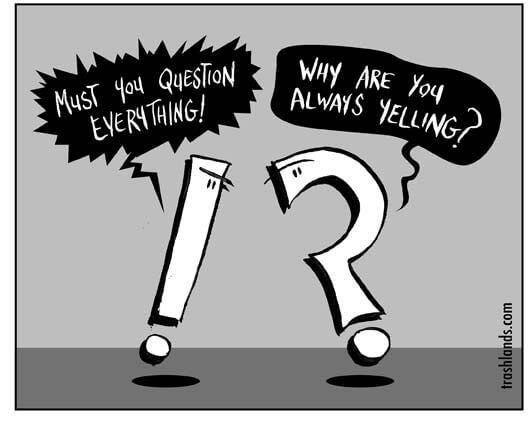 We’re all counting down to the upcoming three-day weekend, but many of us don’t know how to write the name of the holiday on Monday correctly. Is it Presidents Day? How about President’s Day? Presidents’ Day? Well, it all depends on whom you ask.
We’re all counting down to the upcoming three-day weekend, but many of us don’t know how to write the name of the holiday on Monday correctly. Is it Presidents Day? How about President’s Day? Presidents’ Day? Well, it all depends on whom you ask.
Most dictionaries and The Chicago Manual of Style favor Presidents’ Day. The apostrophe at the end of the word indicates a plural possessive: It’s a day that belongs to multiple presidents. But the AP Stylebook—perhaps taking its cue from Veterans Day—favors Presidents Day, as in a day of more than one president. You could maybe make an argument for President’s Day, but no official reference book will back you up on that. Why are there two “correct” ways to spell the holiday? Believe it or not, Presidents’ Day (which, as a Chicago Manual enthusiast, I will choose to spell with an apostrophe at the end) is not an official holiday.
The federal holiday is called Washington’s Birthday; the term Presidents’ Day was popularized by marketers seizing on an occasion for a sale. The presidents it refers to are George Washington and Abraham Lincoln, who both had birthdays in February.
Washington was born on either February 11, 1731, or February 22, 1732, depending on whether you use the Julian calendar or the Gregorian calendar (both were in use at the time; we use the Gregorian calendar now). Many states started celebrating his birthday on February 22, 1832, in honor of the centennial of his birth. It was made a federal holiday in 1879.
Lincoln was born on February 12, 1809. Since 1922, it’s been a tradition to lay a ceremonial wreath at the foot of the Lincoln Memorial on his birthday, and many states celebrate it as an official holiday. But it has never been a federal holiday.
The Uniform Monday Holiday Act, enacted in 1971, moved several holidays to designated Mondays to give citizens fixed three-day weekends. Washington’s Birthday was moved to the third Monday in February, ironically ensuring that it would never fall on his actual birthday. Since it was now within a week or so of Lincoln’s birthday, many businesses squashed the holidays together. And that’s why we’ll be enjoying Presidents’ Day, plural possessive, or Presidents Day, with no apostrophe, on Monday.

